FRAC’s latest report, Hunger Doesn’t Take a Vacation: Summer Nutrition Status Report 2024, reveals a drop in the number of children receiving nutrition over the summer following the loss of pandemic-era waivers.
This report measures the reach of the Summer Nutrition Programs in July 2023, nationally and in each state, compared to July 2022. It is based on a variety of metrics, including average weekday July lunch and breakfast participation in the Summer Nutrition Programs, and examines the impact of trends and policies on program participation.
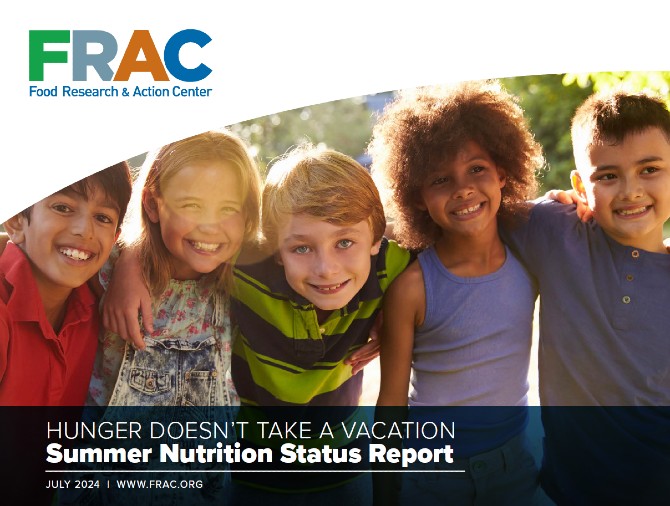
Key Findings

- Just over 2.8 million children participated in the Summer Nutrition Programs on an average day in July 2023.
-
Participation in summer lunch decreased by 5.7 percent in July 2023 compared to July 2022.
-
In July 2023, 15.3 children received a summer lunch for every 100 who received a free or reduced-price school lunch during the 2022–2023 school year.
-
Participation in lunch in July 2023 was slightly higher than pre-pandemic levels: 30,533 additional children participated in July 2023 when compared to July 2019 (the last summer before the pandemic).
State Findings
Summer Nutrition Program Participation, July 2023
Top State Performers
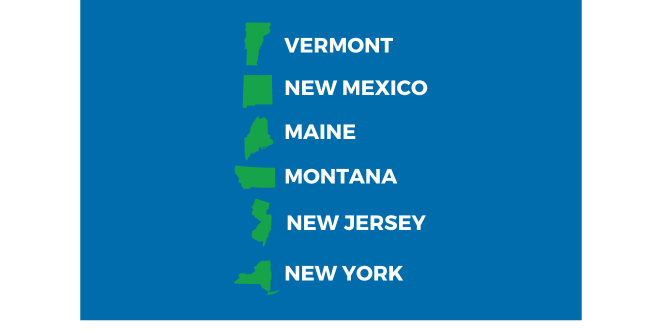
One state met the FRAC’s goal of reaching 40 children with summer lunch for every 100 children who received a school lunch during the 2022–2023 regular school year: Vermont (54.4 of 100). This could be a result of states adjusting to the end of pandemic-era waivers for summer meals and challenges in implementing the new rural non-congregate option.
The top state performers were: Vermont (54.4 of 100), New Mexico (32.3 of 100), Maine (31.8 of 100), Montana (29.7 out of 100), New Jersey (29.5 out of 100), and New York (29.0 out of 100).
New Opportunities to Reduce Summer Hunger

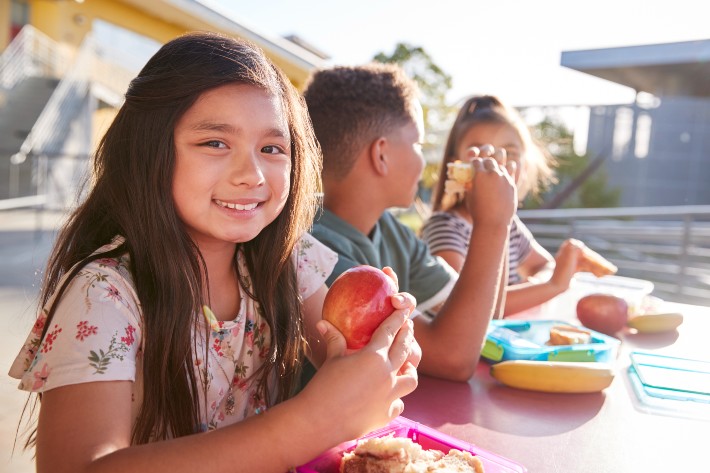
Summer EBT
The Consolidated Appropriations Act of 2022 created a nationwide, permanent Summer EBT Program that builds on the success of Summer EBT demonstration projects.
Summer EBT — which provides families with eligible children grocery benefits to purchase food — was piloted to test new ways to reach children during the summer due to the limited access children had to summer meals and the seasonal increase in food insecurity in households with school-age children. Evaluations of Summer EBT have shown that it reduces food insecurity and improves nutrition. Families in participating states will receive $120 per eligible child beginning in summer 2024.
Summer EBT complements the existing Summer Nutrition Programs; together, these two programs work to decrease summer hunger.
Non-Congregate in Rural Areas
The Consolidated Appropriations Act of 2022 included a permanent non-congregate meals service option for rural areas. The goal of this option is to fill gaps in rural communities that do not have congregate meals sites.
USDA issued an Interim Final Rule in December 2023, which supports the implementation of rural non-congregate meals service and expands the definition of rural, allowing more communities to provide non-congregate meals in summer 2024.
Summer Meals Remain the Gold Standard
As Summer EBT / SUN Bucks and the rural non-congregate option roll out, it is important that providing summer meals in combination with education and enrichment programming at sites remains the gold standard. Summer meals sites provide a place for children to socialize, learn, and be engaged while receiving a healthy meal, which can help counter both summer hunger and summer learning loss. Summer programming can also help foster social and emotional learning.
On the federal level, Congress can make important improvements by allowing more communities to offer summer meals, streamlining program requirements so that sites can operate year-round, and allowing all sites to provide three meals a day. They can also provide additional funding to support summer programs, including through the 21st Century Community Learning Centers program.
The Summer Nutrition Programs
The two federal Summer Nutrition Programs — the National School Lunch Program Seamless Summer Option (NSLP) and the Summer Food Service Program (SFSP) — provide funding to serve meals and snacks to children at sites during summer vacation or the extended breaks of year-round schools. The programs also can be used to feed children during unanticipated school closures.


Hunger Doesn't Take a Vacation: Summer Nutrition Status Report 2024
Read the Report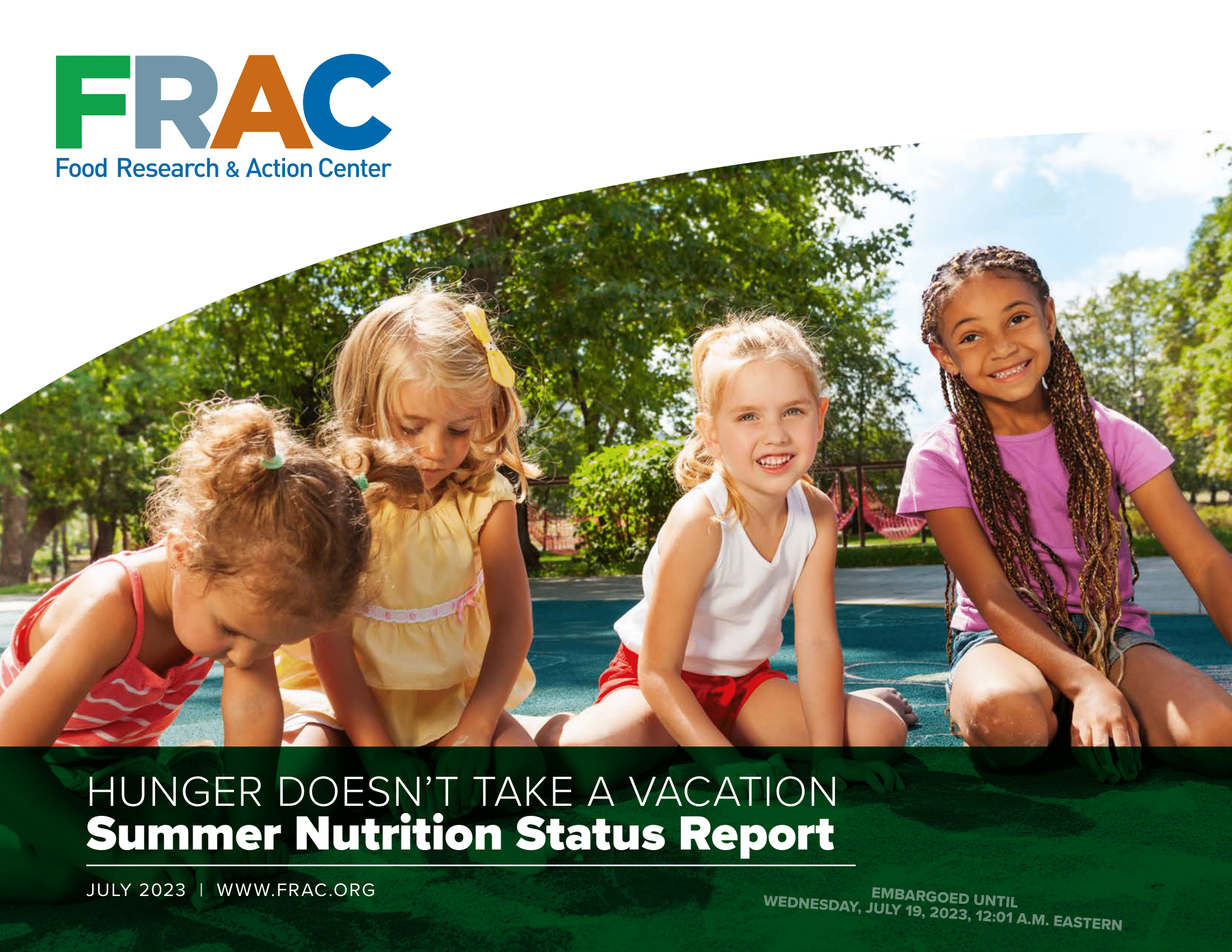
FRAC's Summer Report 2023
Learn More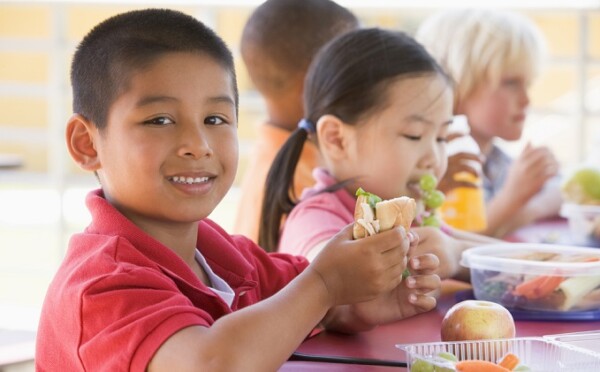
Summer EBT Resource Center
Is Your State Participating?
